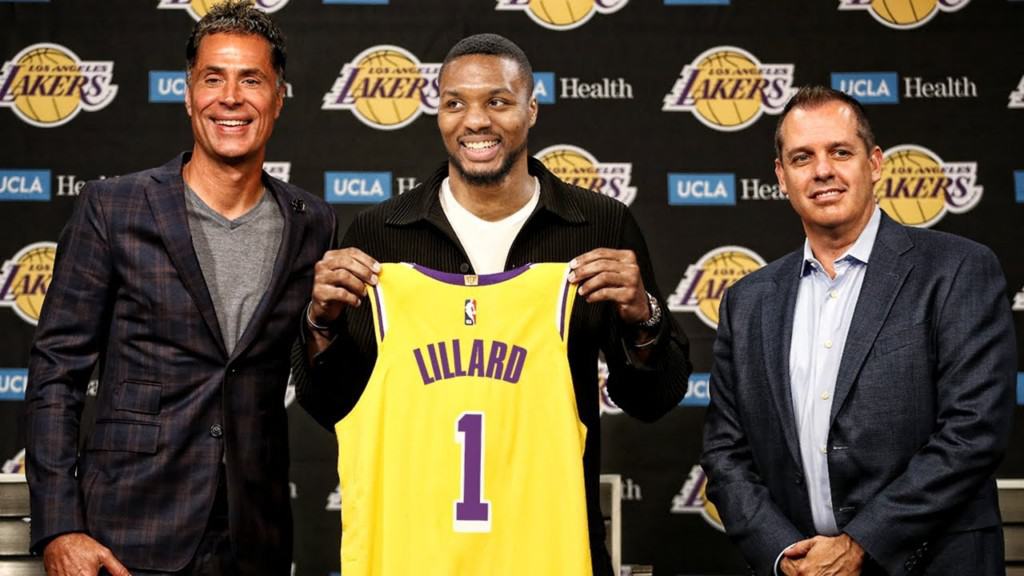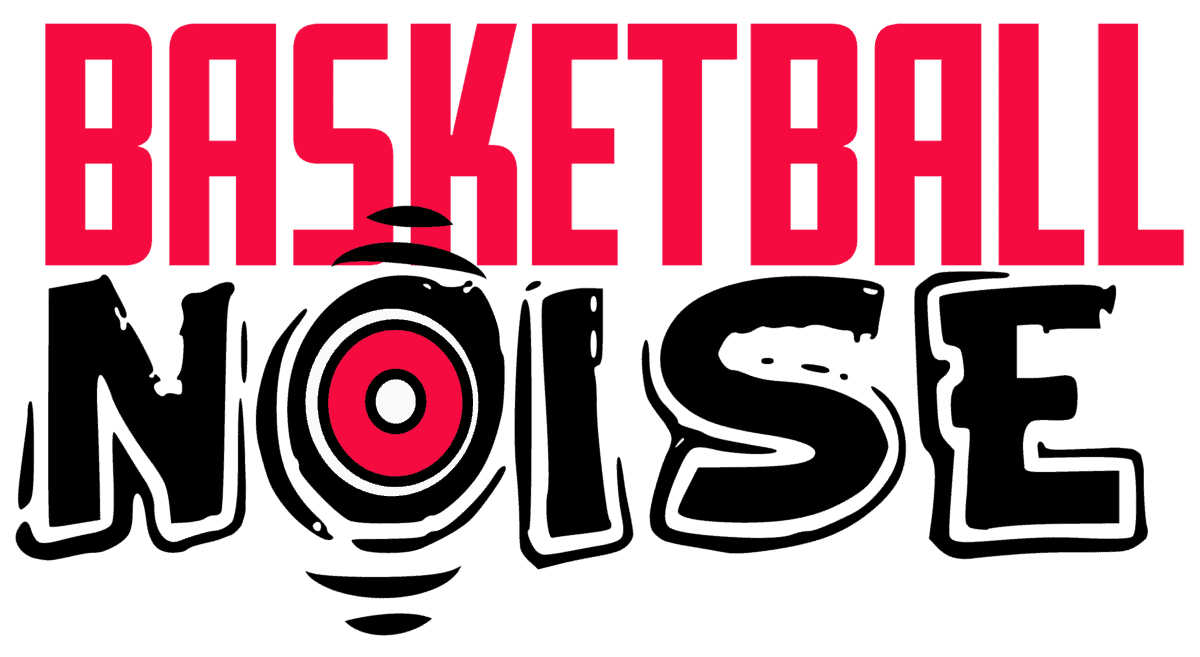In the last few years, we have seen superstars like James Harden, Kyrie Irving and Russell Westbrook traded between teams. It does really seem that at the moment, loyalty is at a low point in the NBA, seeing less stars like Tim Duncan and Kobe Bryant, who were with one team their entire lives. There could be a good explanation for this.

Over the last 15 years especially, NBA teams have focused much more on getting superstar players through the door, instead of building a team and developing the talent they have. We haven’t seen a team win a championship without a true superstar in the NBA since the Pistons in 2004. The league is unabashedly Superstar Centric, and this means big stars get a lot more say in where they land – welcome to player empowerment.
Do NBA players get a say in trades? Unless a player has a “no-trade” clause in their contract then they are at risk of being traded to any of the 30 NBA franchises. While many allstar and superstar level players will largely be able to control their landing destination this isn’t always the case. For the majority of the league it is an absolute exception. A player could be told 2 mins before tip off that he’s not playing that night and he’s expected in Cleveland on Monday to become a Cavalier. Unlike leagues such as European Soccer, the player’s contract is with the NBA, not the individual franchise.
Did NBA players have a say in trades in the 1980s and 1990s?

Particularly in the 1980s and 1990s, agents were the major players in trades. Often big agents like David Falk and Jimmy Sexton would orchestrate trades, with the players having very little knowledge of these trades. This was mainly because as a whole, players in those times were not empowered to have a say in the squad built around them, who coached them or how the team played.. Players did not get involved with team decisions, as they did not have that sort of power. This did bring up constant problems. You often saw NBA stars unhappy because they didn’t believe a certain player should or should not have been traded. But at this time, players couldn’t do anything about it because NBA teams were more focused on diminishing the roles of these stars and making them part of a team. Players like Scottie Pippen and Kobe Bryant requested trades in their careers, but teams simply refused because they held all the power. That is the important part, the CBA in the 1990s did not give NBA players anywhere near as much influence as they do now. Players league revenue share has increased since the 1990s, and is one of the reasons players have more sway now than ever before. The other being the rise of social media and the ability of players to communicate directly with their fanbase, without delay or censorship. In the 1980s and 1990s, teams really held all the control and players did not have as much say in those team decisions.
Do NBA players have a say in their own trades now?
Over just the last five years, we have seen superstars like Anthony Davis, DeMarcus Cousins, Blake Griffin and Paul George have all been traded, with George being traded twice. There is less and less loyalty now and players will get moved a lot more than ever before. This is mainly down to two main reasons. The first being that superstar players like the ones mentioned have a lot more input on where they go than previously. Right now, to win an NBA championship, common wisdom says you really need at least two NBA superstars. See the Lakers, Nets or Clippers. Defending Champions the Bucks only really have 1 Superstar. But the addition of Allstar Guard Jrue Holiday alongside Khris Middleton this season clearly tipped the balance. The Dallas Mavericks, featuring the mighty Luka Doncic have shown how much a team with just one star can struggle, despite great coaching, a solid supporting cast and 1 do it all Superstar.

Superstars control the league, and teams know this. It is why you see a team like the Lakers, happily trade away multiple young pieces to get Anthony Davis, because Davis is more likely to win you a championship than the players they traded away. You can also see this rule in place where you will see players asking for trades. The big trade rumor of this offseason was where will Damian Lillard land if he decides to force his way out of Portland. The reason most people see him leaving the Blazers is he does not have that second guy, that wingman superstar to make them a real contender. It is why Ben Simmons has been so disappointing to Sixers fans, because he has not been able to become the second superstar Philly wanted alongside Joel Embiid. This means superstars are more important than ever, and is why players like James Harden and Kyrie Irving can decide exactly where they get traded to. Payers also have this stability because they know that the money will always be there, and the increase in salary cap and potential earnings means more and more players are looking to chase rings, as they know the bag is secured. It is a great addition to the NBA, as money actually has less of an impact because there is such an abundance of it. NBA players have much more control than ever before, and it means they have a big say in where and when they get traded.
Do all NBA players have a say in Trades?
Of course the NBAs reliance on superstars does mean that players who are not superstars do not have this same luxury. Unless you are a close friend of an NBA superstar, teams still do not have the same loyalty to you. Non all star players are often moved, and you will even see teams ditch their fan favourite, all stars, for superstars. The major example of this is the Kawhi Leonard trade in 2018 saw Demar Derozan go the other way. Derozan was a four time all star with the Raptors, and he had to leave the only NBA team he knew as well as his best friend Kyle Lowry, to move to San Antonio. The Raptors had no loyalty towards Derozan, because the opportunity to get a superstar came up. This of course worked out excellently for the Raptors, as they ended up winning the title in Kawhi’s only year with the Raptors.

Do NBA players influence other trades
Quite often, you will see NBA analysts state that superstar players are the orchestrators of trades, instead of the teams GMs. This may sometimes be the case, with players convincing other players to join their teams. While this practice is borderline tampering, when it’s player to player it’s hard for the league to clamp down on. Especially when they get together at official events like Allstar Weekend or for Team USA squads. With the importance of superstar players, the front office will go to their stars for their opinions, but the final say is still with the front office. Players have a lot more say in designing teams than they have done previously, and deservedly so. NBA players are well taken care of in the current CBA, and this means they are now becoming more and more influential on their own and others trades.
